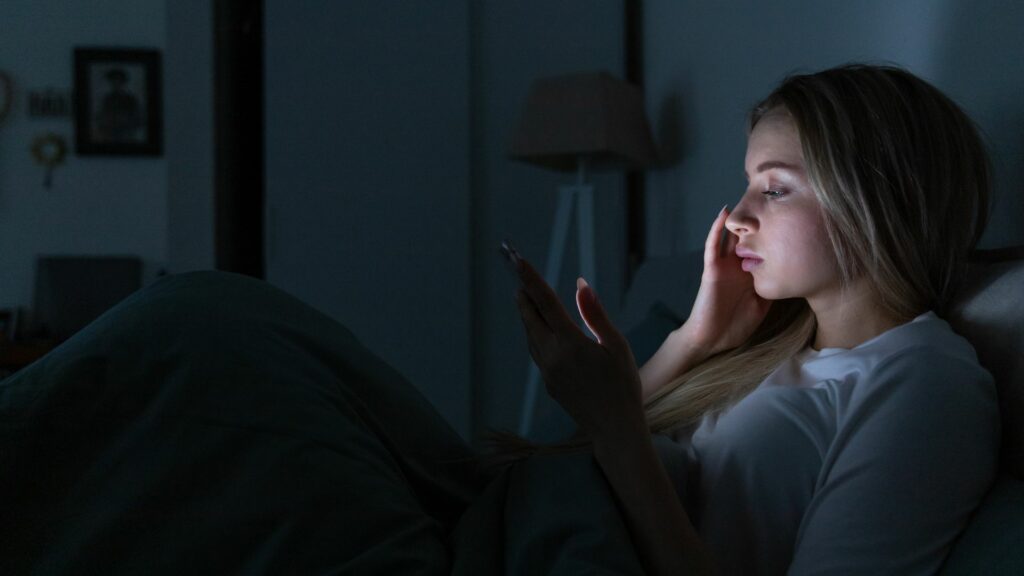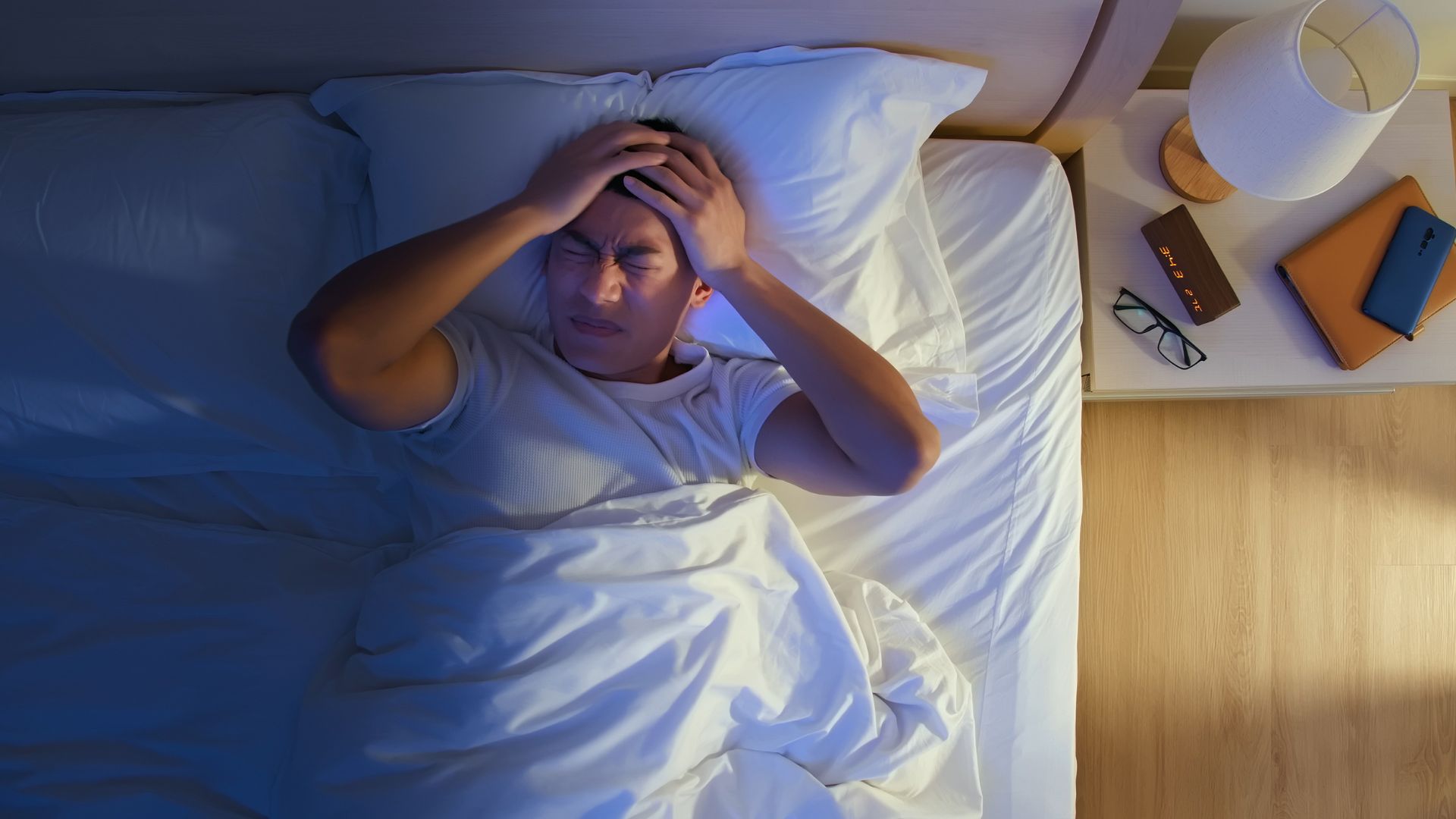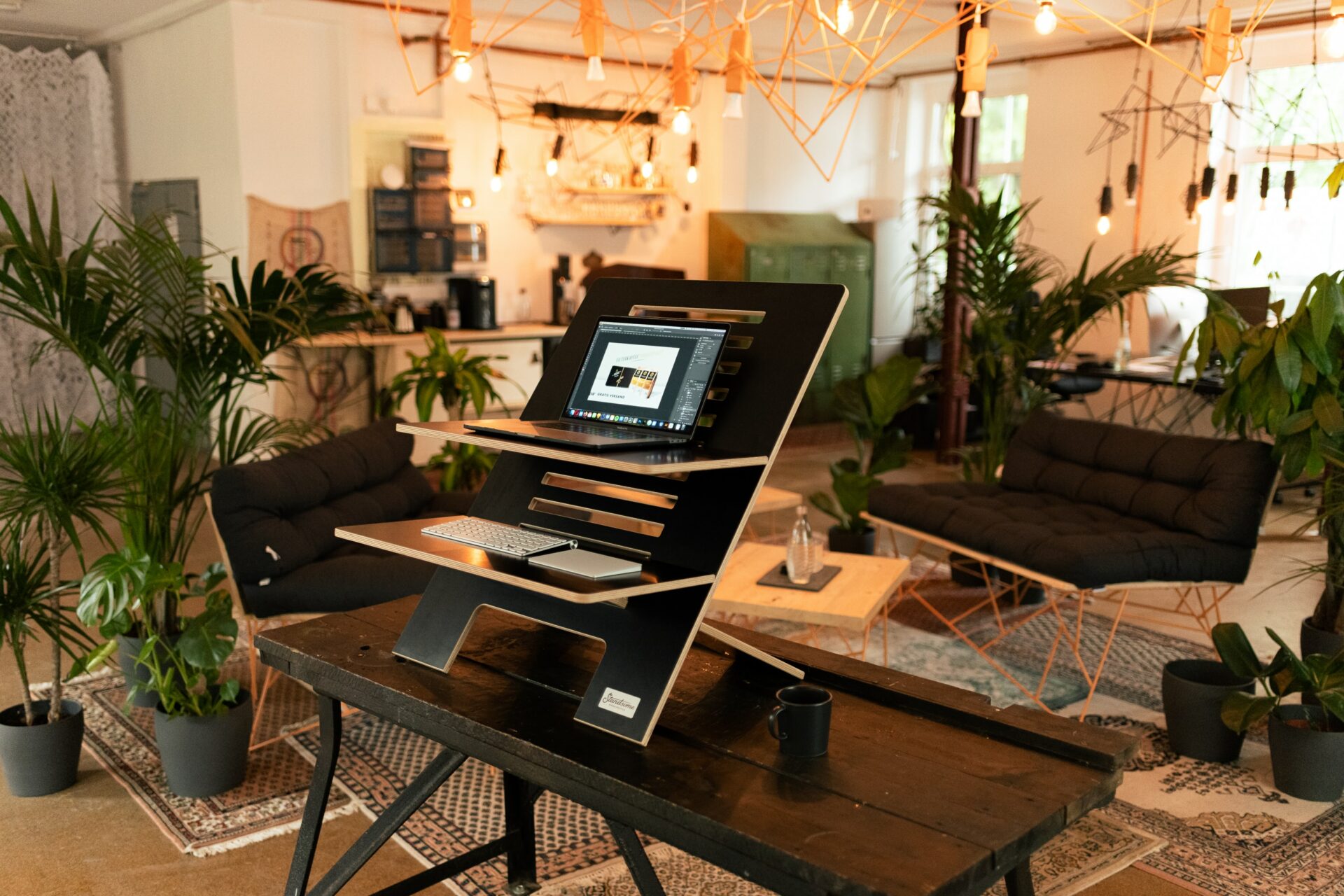Blue light filters are becoming increasingly popular as a way to improve sleep and protect overall health. In this blog post, we will explore the importance of blue light filters and how to use them on your devices to improve your sleep quality.
Some of you may already be familiar with blue light filters. You might even have one installed on your computer or phone already! In recent years sleep experts and medical professionals have been advising people to use blue light filtering as a way to reduce exposure to the blue light emitted from devices at least 30 minutes before bedtime.
Studies show that this can improve overall sleep quality by helping to reduce the production of the hormone cortisol, which prepares the body for wakefulness and is released when you’re exposed to artificial lights in the evening.
Why you should use blue light filters?
First, let’s talk about what blue light is and why it is a problem. Blue light is a type of light that is emitted by electronic devices such as phones, tablets, and computers. It has a wavelength that is similar to the light that the sun emits during the daytime. This is great during the day as it helps to keep us alert and awake, but when it comes to bedtime, it can be a major problem.
The blue light emitted from screens can suppress the production of melatonin, which is a hormone that regulates sleep. Melatonin is responsible for making us feel tired and helping us to fall asleep. When we are exposed to blue light at night, our brains are tricked into thinking it is still daytime, and this can make it difficult to fall asleep and stay asleep.
GET OUR APP!
Check the light
in your bedroom
How to protect yourself from the negative effects of blue light on your sleep?
So, what can you do to protect yourself from the negative effects of blue light on your sleep? One solution is to use blue light filters on your devices. These filters are designed to block or reduce the amount of blue light that your devices emit.
There are a few ways you can use blue light filters on your devices to improve your sleep:

#1 Use a blue light filter app
There are many apps available for download that can filter the blue light emitted from your phone or tablet. These apps allow you to set a schedule for when the filter will be activated, so you can use your device during the day without the filter and activate it in the evening when you are ready for bed.
#2 Use blue light-blocking glasses
These glasses have special lenses that can filter out blue light. You can wear them when using your devices at night, and they will help to reduce the amount of blue light that your eyes are exposed to.
#3 Use a blue light filter on your computer
Many computers now come with built-in blue light filters. Check your computer’s settings to see if this is an option for you. If not, you can also download a program that will filter the blue light emitted from your computer.
#4 Adjust the brightness of your devices
Lowering the brightness on your devices can also help reduce the amount of blue light emitted.
Conclusion
In conclusion, blue light filters are an effective way to improve sleep and protect overall health. By using blue light filters on your devices, you can reduce the amount of blue light that your eyes are exposed to, which can help you to fall asleep and stay asleep.
It’s important to remember that it’s not just about having the blue light filter on, but also about being mindful of the time you spend in front of screens and finding the right balance for yourself, as well as setting a schedule for the filter usage.
Overall, taking steps to protect yourself from the negative effects of blue light on your sleep can lead to better health and well-being.
Editorial Team
I help fin-tech digital product teams to create amazing experiences by crafting top-level UI/UX.



